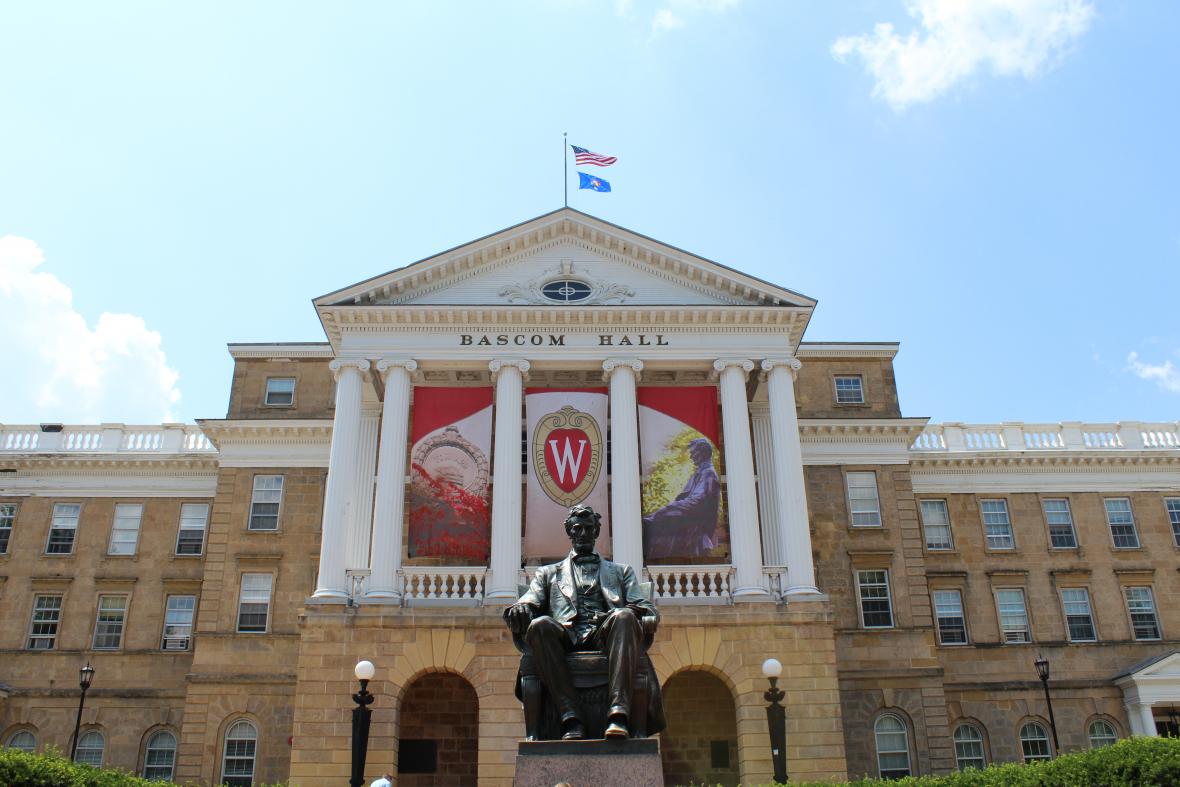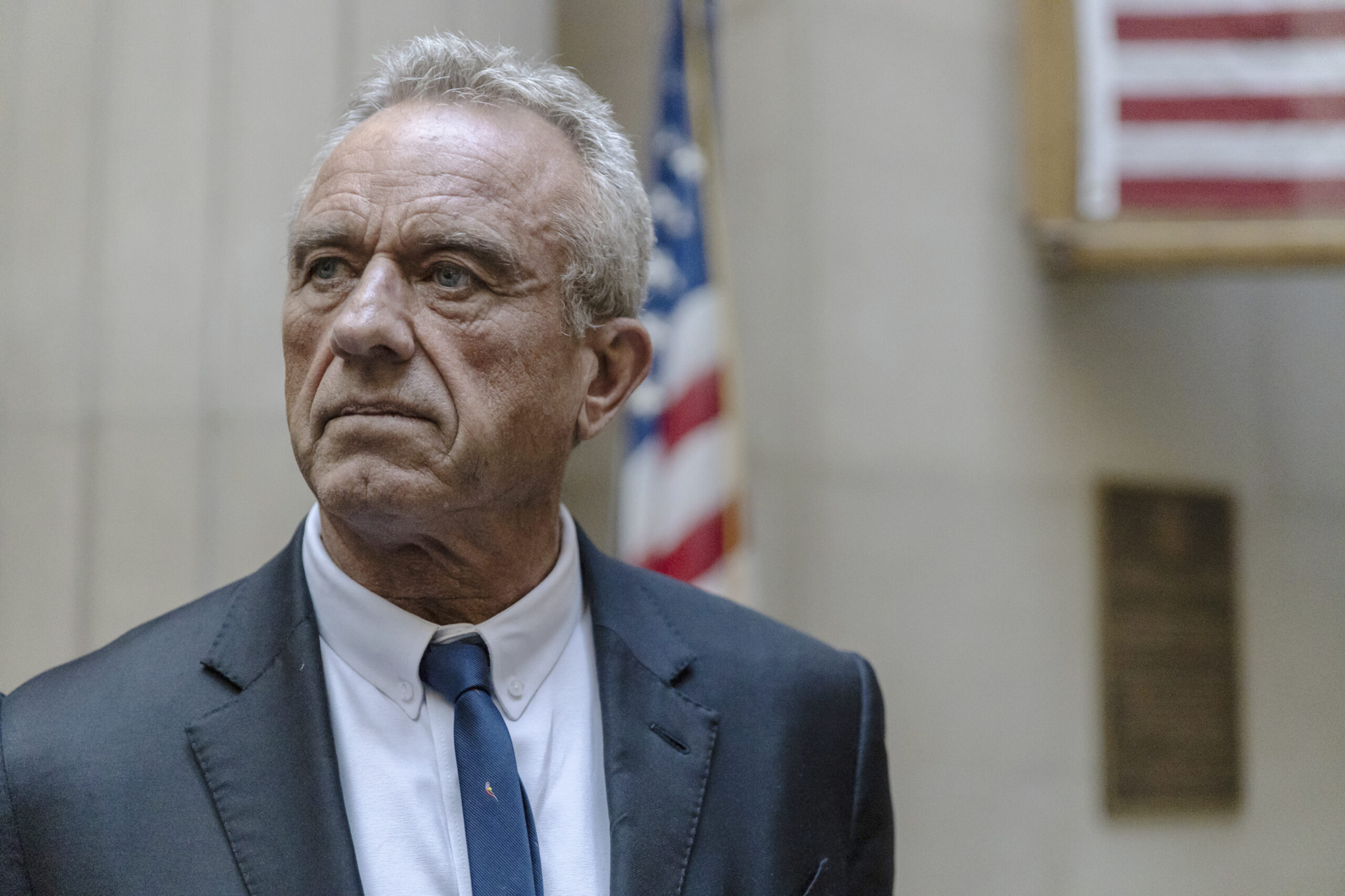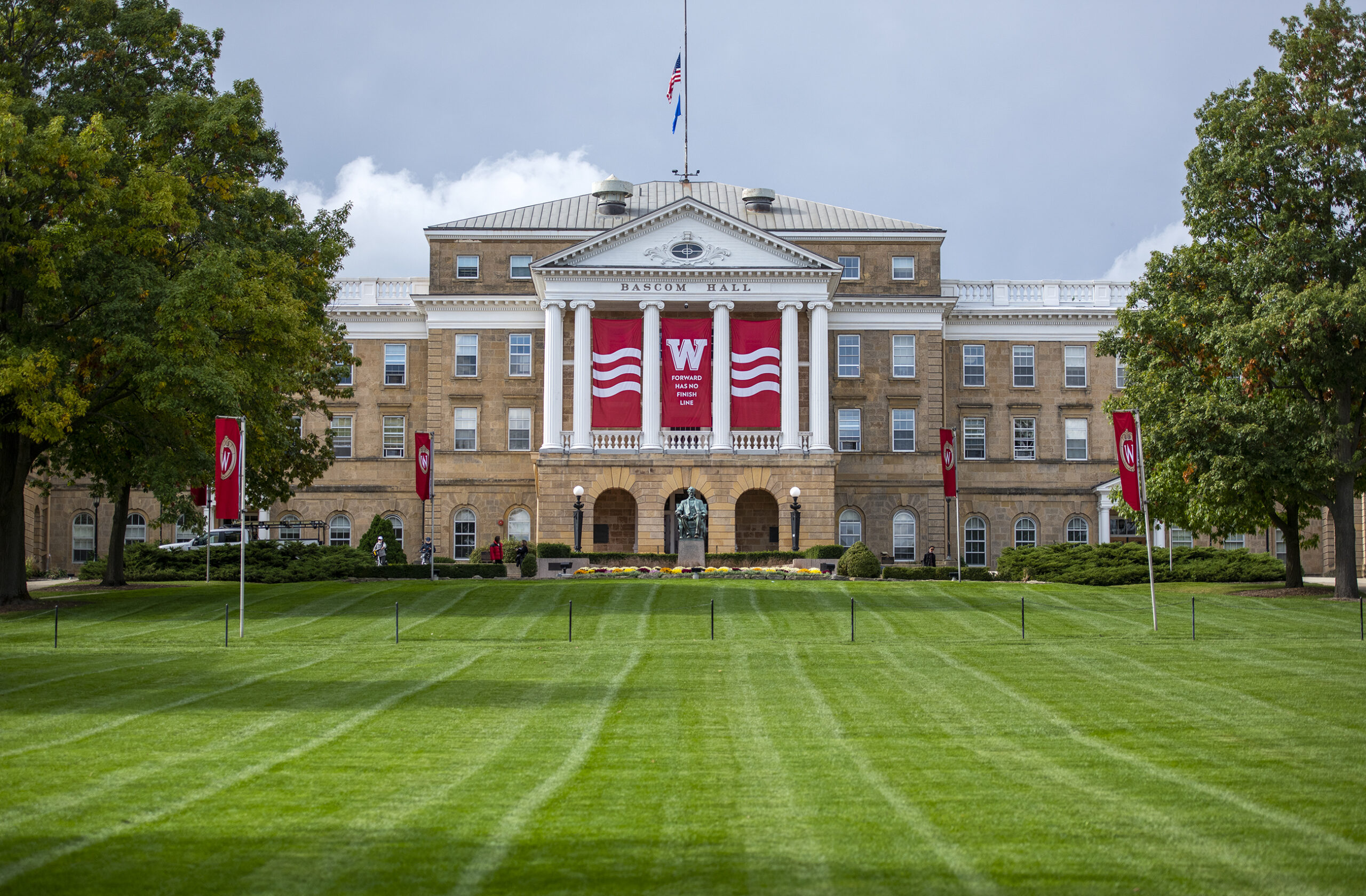The University of Wisconsin-Madison has been ordered to turn over records used in determining how millions of dollars in public health grants were awarded. UW-Madison must also pay legal fees accrued during a two-year battle by the university to keep the records private.
Dane County Circuit Court Judge Rhonda Lanford ruled June 13 that UW-Madison officials broke the state’s open records law when it declined to release records in 2016 used by the UW-Madison School of Medicine and Public Health to award community impact grants. The five-year, $1 million grants are issued to organizations focused on public health initiatives like combating childhood obesity or anti-smoking campaigns.
The prolonged battle over records began when Kevin Wymore, a former state employee with the Division of Public Health, requested reviewer comments used by the school in 2016 to determine grant winners for that year. UW-Madison denied Wymore’s request, stating concerns that “reviewers will not be completely honest in their reviews if those reviews are made public,” according to the court order.
Stay informed on the latest news
Sign up for WPR’s email newsletter.
Christa Westerberg, of Madison-based law firm Pines Bach, represented Wymore and said the argument that public access to such records would harm the process doesn’t outweigh the public’s right to know how tax dollars are spent.
“It’s not a good rationale for non-disclosure,” said Westerberg. “And then, as to this case, the judge pointed out in her opinion that the comments were not particularly harsh and they’re not likely to harm anybody’s reputation.”
Lanford’s decision also pointed out that grants were given to organizations that year connected with members of the UW-Madison School of Medicine and Public Health’s Oversight and Advisory Committee (OAC).
“In this grant cycle alone, OAC funded two projects that were not as highly rated as others, and those two projects were associated with OAC committee members,” Lanford wrote.
Westerberg said that is all the more reason for the public to see the comments supporting the grant approvals.
“As the judge noted, releasing the comments will help explain the discrepancy to the public,” Westerberg said.
A written statement issued by UW-Madison spokesman John Lucas said the university was disappointed with the ruling and that it was reviewing its options, including an appeal.
“This is a case about whether or not the university can protect the integrity of research and programs at UW-Madison by maintaining the confidentiality of reviewer comments,” Lucas wrote. “The honest feedback of our reviewers is of vital importance to the grant review process, and can only be achieved through a confidential process. Having to release these comments publicly would create a chilling effect and reduce the candor that is so important in selecting and developing the most promising health-related research.”
The fund from which the grants are issued was created in 2000 after Blue Cross Blue Shield United of Wisconsin Inc. got approval to convert from a nonprofit to a for-profit corporation. In approving the conversion, the Wisconsin Office of Commission of Insurance stipulated the company compensate the state for taxes it avoided during its decades as a tax-exempt organization by establishing a foundation run by the state’s two medical colleges.
The OAC was created to oversee the funds and issue grants for medical research and community health initiatives.
Bobby Peterson is the executive director of ABC for Health, which describes itself as a public interest law firm. He said the group was critical of the decision in 2000 to direct accrued tax dollars from Blue Cross Blue Shield through the UW-Madison School of Public Health and the Medical College of Wisconsin. He said the recent open records ruling was a step in the right direction.
“I was pleased at the ruling because I think that the process that the school has needs a lot of sunshine to make sure it sanitizes the process,” Peterson said. “It’s easy for this thing to go south.”
He said the committee’s structure and the order by the insurance commissioner that regulates it needs to be improved.
“I don’t think that they have setup a strong review process,” Peterson said. “I think that there has been a little too much inside baseball at times and that shouldn’t be happening. If you’re going to join that board, you should be doing it as a public good not as an opportunity to swing money to your agency or your organization.”
A 2010 audit by the state’s Legislative Audit Bureau found the schools’ policies at the time didn’t clearly require committee members to abstain from voting on grant applications from organizations they were tied to. The policies were updated but a 2015 audit made other recommendations for increased oversight and monitoring of grantees and awards.
Wisconsin Public Radio, © Copyright 2025, Board of Regents of the University of Wisconsin System and Wisconsin Educational Communications Board.




